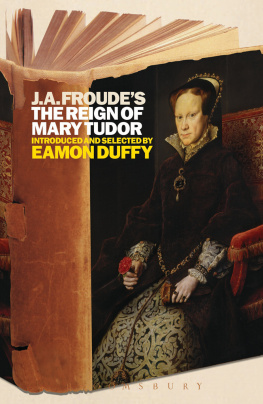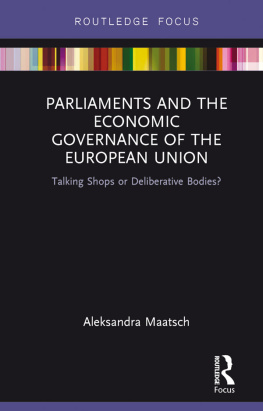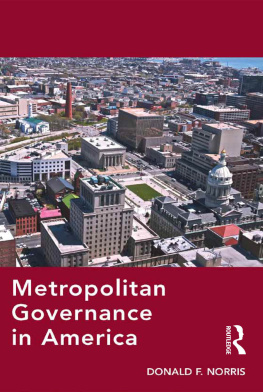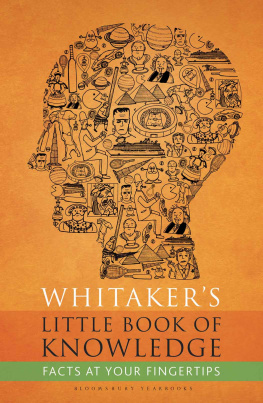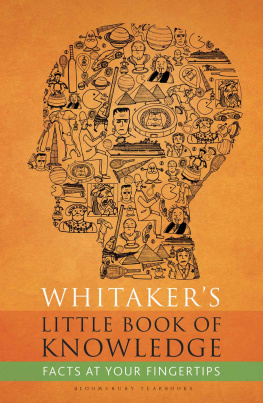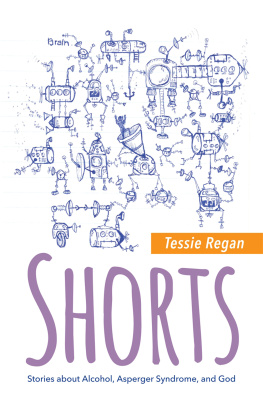Contents
Guide
The UK constitution is not contained in any single document but has evolved over time, formed by statute, common law and convention. A constitutional monarchy, the UK is governed by ministers of the crown in the name of the sovereign, who is head both of the state and of the government.
The organs of government are the legislature (parliament), the executive and the judiciary. The executive comprises HM government (the cabinet and other ministers), government departments and local authorities (see Government Departments, Public Bodies and Local Government). The judiciary pronounces on the law, both written and unwritten, interprets statutes and is responsible for the enforcement of the law; the judiciary is independent of both the legislature and the executive.
The sovereign personifies the state and is, in law, an integral part of the legislature, head of the executive, head of the judiciary, commander-in-chief of all armed forces of the crown and supreme governor of the Church of England. In the Channel Islands and the Isle of Man, which are crown dependencies, the sovereign is represented by a lieutenant-governor. In the member states of the Commonwealth of which the sovereign is head of state, her representative is a governor-general; in UK overseas territories the sovereign is usually represented by a governor, who is responsible to the British government.
Although in practice the powers of the monarchy are now very limited, and restricted mainly to the advisory and ceremonial, there are important acts of government which require the participation of the sovereign. These include summoning, proroguing and dissolving parliament, giving royal assent to bills passed by parliament, appointing important office-holders, eg government ministers, judges, bishops and governors, conferring peerages, knighthoods and other honours, and granting pardon to a person wrongly convicted of a crime. The sovereign appoints the prime minister; by convention this office is held by the leader of the political party which enjoys, or can secure, a majority of votes in the House of Commons. In international affairs the sovereign, as head of state, has the power to declare war and make peace, to recognise foreign states and governments, to conclude treaties and to annex or cede territory. However, as the sovereign entrusts executive power to ministers of the crown and acts on the advice of her ministers, which she cannot ignore, royal prerogative powers are in practice exercised by ministers, who are responsible to parliament.
Ministerial responsibility does not diminish the sovereigns importance to the smooth working of government. She holds meetings of the Privy Council (see below), gives audiences to her ministers and other officials at home and overseas, receives accounts of cabinet decisions, reads dispatches and signs state papers; she must be informed and consulted on every aspect of national life; and she must show complete impartiality.
COUNSELLORS OF STATE
If the sovereign travels abroad for more than a few days or suffers from a temporary illness, it is necessary to appoint members of the royal family, known as counsellors of state, under letters patent to carry out the chief functions of the monarch, including the holding of Privy Councils and giving royal assent to acts passed by parliament. The normal procedure is to appoint three or four members of the royal family among those members remaining in the UK, provided they are over 21. There are currently five counsellors of state.
In the event of the sovereign on accession being under the age of 18 years, or by infirmity of mind or body, rendered incapable of performing the royal functions, provision is made for a regency.
The sovereign in council, or Privy Council, was the chief source of executive power until the system of cabinet government developed. Its main function today is to advise the sovereign on the approval of various statutory functions and acts of the royal prerogative. These powers are exercised through orders in council and royal proclamations, approved by the Queen at meetings of the Privy Council. The council is also able to exercise a number of statutory duties without approval from the sovereign, including powers of supervision over the registering bodies for the medical and allied professions. These duties are exercised through orders of council.
Although appointment as a privy counsellor is for life, only those who are currently government ministers are involved in the day-to-day business of the council. A full council is summoned only on the death of the sovereign or when the sovereign announces his or her intention to marry.
There are a number of advisory Privy Council committees whose meetings the sovereign does not attend. Some are prerogative committees, such as those dealing with legislative matters submitted by the legislatures of the Channel Islands and the Isle of Man or with applications for charters of incorporation; and some are provided for by statute, eg those for the universities of Oxford and Cambridge and some Scottish universities.
Administrative work is carried out by the Privy Council Office under the direction of the Lord President of the Council, a cabinet minister.
JUDICIAL COMMITTEE OF THE PRIVY COUNCIL
Supreme Court Building, Parliament Square, London SW1P 3BD
T 020-7960 1500 W www.jcpc.uk
The Judicial Committee of the Privy Council is the court of final appeal from courts of the UK dependencies, courts of independent Commonwealth countries which have retained the right of appeal and courts of the Channel Islands and the Isle of Man. It also hears very occasional appeals from a number of ancient and ecclesiastical courts.
The committee is composed of privy counsellors who hold, or have held, high judicial office. Only three or five judges hear each case, and these are usually justices of the supreme court.
Chief Executive, Jenny Rowe, CB
Parliament is the supreme law-making authority and can legislate for the UK as a whole or for any parts of it separately (the Channel Islands and the Isle of Man are crown dependencies and not part of the UK). The main functions of parliament are to pass laws, to enable the government to raise taxes and to scrutinise government policy and administration, particularly proposals for expenditure. International treaties and agreements are customarily presented to parliament before ratification.
Parliament can trace its roots to two characteristics of Anglo-Saxon rule: the witan (a meeting of the king, nobles and advisors) and the moot (county meetings where local matters were discussed). However, it was the parliament that Simon de Montfort called in 1265 that is accepted as the forerunner to modern parliament, as it included non-noble representatives from counties, cities and towns alongside the nobility. The nucleus of early parliaments at the beginning of the 14th century were the officers of the kings household and the kings judges, joined by such ecclesiastical and lay magnates as the king might summon to form a prototype House of Lords, and occasionally by the knights of the shires, burgesses and proctors of the lower clergy. By the end of Edward IIIs reign a 'House of Commons was beginning to appear; the first known Speaker was elected in 1377.
Parliamentary procedure is based on custom and precedent, partly formulated in the standing orders of both houses of parliament. Each house has the right to control its own internal proceedings and to commit for contempt. The system of debate in the two houses is similar; when a motion has been moved, the Speaker proposes the question as the subject of a debate. Members speak from wherever they have been sitting. Questions are decided by a vote on a simple majority. Draft legislation is introduced, in either house, as a bill. Bills can be introduced by a government minister or a private member, but in practice the majority of bills which become law are introduced by the government. To become law, a bill must be passed by each house (for parliamentary stages,





